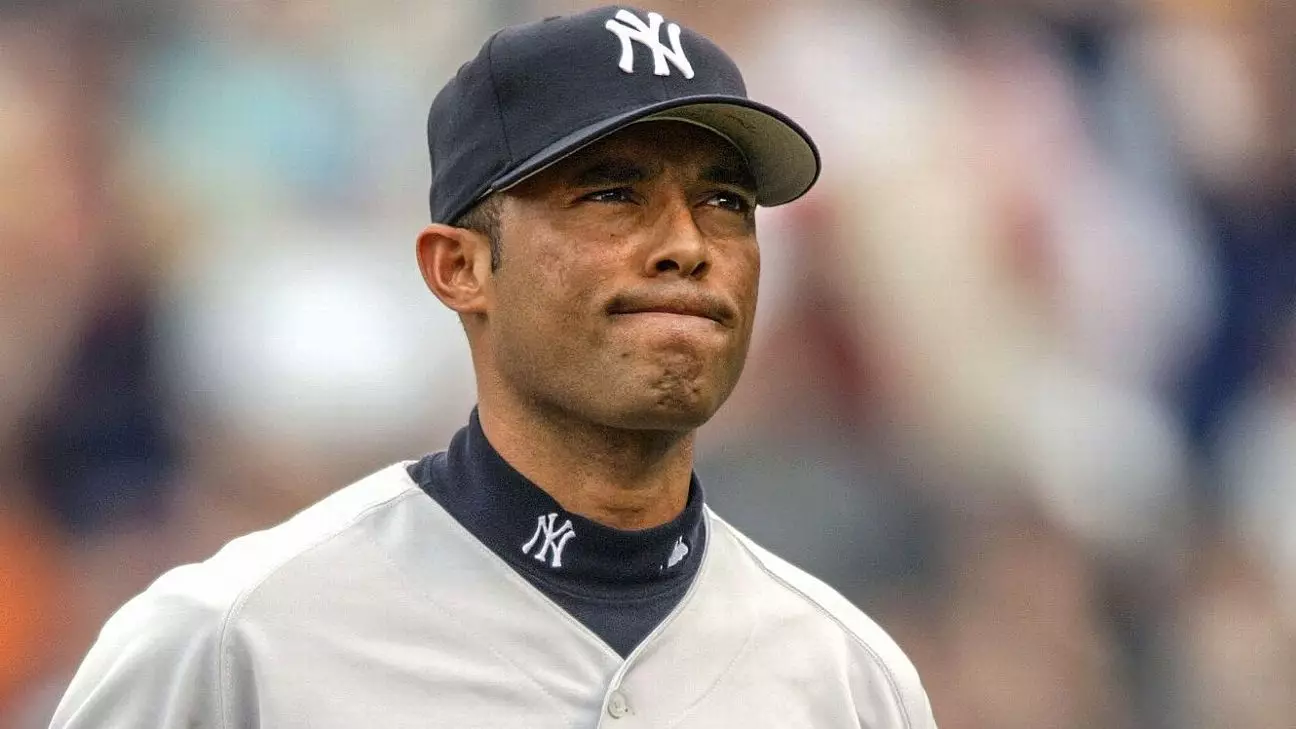The recent lawsuit concerning New York Yankees Hall of Famer Mariano Rivera and his wife, Clara Rivera, has shed light on critical issues regarding child safety within faith-based organizations. This case accuses the Riveras of failing to protect a young girl who was sexually abused during a summer camp trip affiliated with their church, raising important questions about accountability and the mechanisms in place to safeguard vulnerable individuals. The ramifications of this situation extend far beyond the individuals involved, prompting a broader discussion about the potential for abuse in environments where trust should be paramount.
According to the lawsuit filed this month, the allegations stem from a summer camp trip in 2018, during which the young girl was repeatedly abused by an older camper while staying in an unsupervised dormitory. Despite the girl’s mother’s concerns communicated to Clara Rivera—who is also a pastor—the Riveras reportedly did not take adequate steps to ensure the girl’s safety. Instead, the couple allegedly took actions that stifled the young victim’s voice, compelling her to remain silent about her experiences of abuse.
The legal representation for the alleged victim claims that the Riveras received reports indicating potential danger during their investigation yet opted to turn a blind eye in an effort to avoid public scandal. This worrying decision illuminates the complex dynamics at play when individuals in positions of authority prioritize the reputation of their organization over the well-being of those they should protect.
The Refuge of Hope Church, where Clara Rivera serves as a pastor, operates in a context fraught with prior allegations regarding child abuse. In recent years, multiple lawsuits have been filed against the church concerning sexual misconduct involving minors. These previous incidents have already tarnished the church’s reputation and highlight systemic issues within faith-based institutions about reporting and addressing abuse allegations. The Riveras, known for their charitable efforts, now find their legacy under threat due to these allegations illuminating potential neglect of child protection protocols.
This history leads to further scrutiny about how organizations operate when dealing with abuse claims. The public sometimes questions whether institutions prioritize transparency and genuine concern for victims over protecting their own reputations.
Legal actions in such cases are often layered with complexity. Not only does the recent lawsuit target the Riveras and their church, but it also underscores systemic failures within institutions entrusted with the safety of children. The lawsuit is emblematic of a growing recognition within society that institutional abuse must be addressed more vigorously, demanding accountability for all parties involved, whether individuals or broader organizational structures.
As discussed by the attorney representing the alleged victim, Adam Horowitz, the failures attributed to the Riveras extend beyond mere negligence; they represent a lapse of moral responsibility in safeguarding a child. Such cases challenge faith-based organizations to reevaluate their practices and take proactive measures to protect vulnerable individuals rather than merely responding to claims post-factum.
Furthermore, the situation raises pressing questions about the judicial process surrounding allegations of abuse. Concerns arise regarding the extent to which such cases are investigated and what preventive measures are put into action to mitigate future risks to children within these camps and organizations.
At the center of this incident is the erosion of trust within an environment designed to foster safety and well-being for its members. Faith-based organizations often have a special status, revered by communities for their contributions and moral guidance. However, cases like this expose a darker reality where that trust can be manipulated.
The community dynamic surrounding such organizations can often create an insular atmosphere—one that may impede open conversations about abuse. Members may feel discouraged from speaking out due to fear of scandal or social exclusion. This silence can perpetuate a cycle of abuse, allowing it to flourish undetected for prolonged periods. Thus, fostering a culture of openness and vigilance becomes essential to counteract these unfortunate trends.
The allegations against Mariano and Clara Rivera serve as a catalyst to highlight the pressing need for accountability within religious and community-based organizations. As this case unfolds, it is crucial for both the church and its leaders to reassess their procedures regarding child safety. Victims must be empowered to voice their experiences without fear of reprisal, and mechanisms must be established to provide transparency and reassurance. The fight against abuse will depend not only on legal outcomes but also on societal willingness to confront uncomfortable truths and enact meaningful change.


Leave a Reply